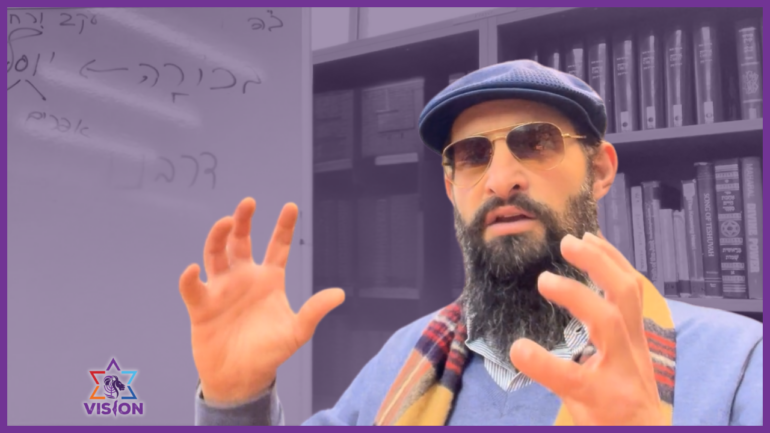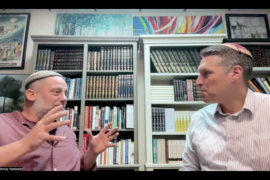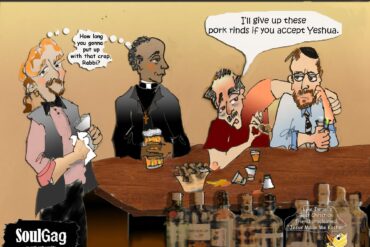When one tries to analyze the State of Israel’s political map through Western labels (left, right, liberal, conservative, secular, religious), they generally end up completely misunderstanding our society. These labels have deep meaning and relevancy in Western civilization but they don’t fit the Jewish people and can’t accurately describe us.
At the peak of Hebrew civilization, the Israelite tribes expressed unique spiritual forces and represented different sociopolitical camps. While no longer biological in the way that they once were, these tribal identities still manifest in the Jewish people and the relationships between them continue to shape Israeli society and the broader Jewish world in profound ways.
Yosef is highly skilled at managing the material world, is primarily concerned with Israel’s material wellbeing (security, economy, etc.) and he focuses on what Israel shares in common with the dominant civilization of any given period. If one were to limit conversations about Israeli politics to only the tribe of Yosef, the Western labels would actually be more accurate.
Yehuda, by contrast, focuses on what makes Israel unique and has deep roots in the Jewish people’s identity, history, value system and ideological paradigm.
The tension between these two leadership tribes is expressed in almost every political and social issue fought over by Israelis and Diaspora Jews today.
Stepping away from foreign political framings and learning to view ourselves as manifestations of the various Israelite tribes can not only help us recognize our own sociopolitical divisions on a much deeper level but would also enhance our ability us to appreciate the unique contributions of each tribe and how we can more productively organize Israeli society.





